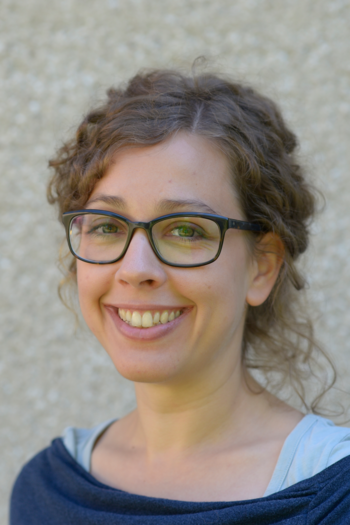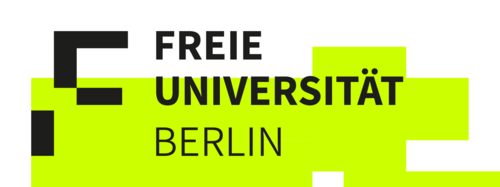Tamara Jugov

Associated Fellow, Technische Universität Dresden
Political philosophy, theories of justice, theories of power and non-domination, social construction of human abilities
Tamara Jugov is Professor of Practical Philosophy at the Institute of Philosophy at Technische Universität Dresden. She studied Political Science and Philosophy at the Free University of Berlin, the ISHSS Amsterdam and the LSE in London and completed her PhD at the Goethe-University, Frankfurt/Main. Prior to joining the Institute of Philosophy at TU, she was a Junior Professor in Political Philosophy at the Free University in Berlin and a Post-Doctoral Fellow at the Centre for Advanced Studies “Justitia Amplificata” in Frankfurt and Berlin. She is the author of a book on global justice and non-domination “Geltungsgründe Globaler Gerechtigkeit” to appear with Campus Verlag Frankfurt/Main. Recently, she has published papers on “Structural Injustice, Epistemic Opacity and the Duties of the Oppressed” (with Lea Ypi, Journal of Social Philosophy), on “systemic domination as ground of justice” (European Journal of Political Theory) and on “Individual Responsibility for global structural injustices: A power-based conception” (Zeitschrift für Praktische Philosophie).
In the context of her permanent fellowship at the Centre for Advanced Studies in the Humanities “Human Abilities” Tamara plans to work on a research project on social power. Social power is an important object of political philosophy, but its ontology has only rarely been examined in depth. To do so in close collaboration with the Centre’s focus on the metaphysics and action-theoretical foundations of human abilities promises an interesting research agenda. The project will seek to answer answer questions such as the following: What type or kind of human ability is social power? What exactly grounds agents’ social power over others – is it intrinsic dispositions or extrinsic social norms and practices? How does this relate to research on the gradability and maskability of agents’ abilities? And how best to describe the modality of social power – which need not be exercised in order to be held?



